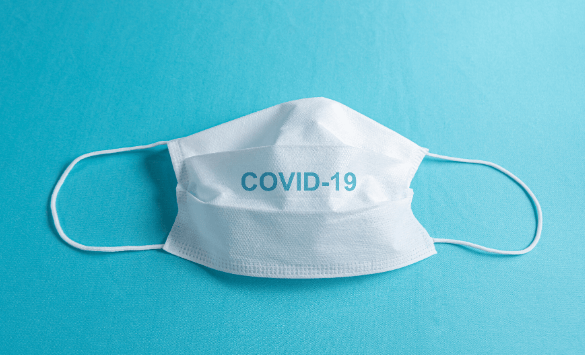Just when an injured worker begins to think the problems unique to workers’ compensation are over because his case has settled, the world is confronted with one of the most pervasive and troubling problems imaginable, the Coronavirus (COVID-19). What does this pandemic mean for the worker who has settled his case with a Medicare Set Aside (MSA)? What are the ramifications associated with having a settled workers’ compensation claim now that there is a pandemic?
There is little currently written on the topic. A review of the literature shows a significant number of workers’ compensation commentators have taken time to research and write on the topic of whether becoming symptomatic with the Coronavirus could be compensable. Others have written and expressed opinions on whether becoming symptomatic is an occupational disease, or a claim covered under a state’s Workers’ Compensation Act.
As one would guess the answers to these concerns fit nicely into the universal lawyer’s answer: “It all depends.” Some states have very well developed and mature statutory and case law on the elements of an occupational disease. All seem to emphasize the requirement that the disease be one unique to the injured worker’s occupation. The analysis then usually considers the possibility an injury can occur without having an event (under some statutes there is still the requirement there be an accident).
Is an exposure enough?
In some states the answer is yes, they then tell us an exposure at work is like a snake bite. If bitten by a snake during the course of your employment and because of your employment, would the bite not be compensable? Some states say yes. If there is a Coronavirus exposure experienced by an employee because of her work and no exposure otherwise, should work be held responsible? Based on prior exposure decisions the answer would be yes. But, I digress.
Are we seeing a change in the way the medical community functions since the onset of the Coronavirus?
The answer by all accounts is, yes. For example, many of our hospitals have cancelled or discontinued all elective procedures. If you were scheduled for an elective knee surgery, in all likelihood that procedure will not be performed until the crisis has passed or is at least significantly controlled. If you were scheduled for an age-related routine colonoscopy, it would likely be cancelled and rescheduled to an undetermined future date. The medical community tells us hospitals are very good at controlling the spread of disease. Their efforts are, however, not foolproof. Patients contract diseases in the hospital all the time. It would be cavalier to schedule a hospital-based activity that could wait for a date when the Coronavirus was not a consideration. This is especially true when it is not entirely clear how the virus is transmitted and what level of exposure is necessary to contract the disease.
Would patients paying through an MSA be treated differently?
It is safe to say they would not. What is important for this group of medical consumers to know is that for the foreseeable future, their medical care will not be the care they have grown accustomed to receiving. There will be schedule disruptions, cancellations, provider unavailability and personal screening not experienced in the past. All of this will have nothing to do with their status as an MSA payor. Most, if not all will be related to the pandemic confronting all in need of medical care.
How will the professional management of an MSA be impacted?
If recent days are a precursor to what the future holds, the professional manager will pay bills in a timely manner, make no judgements about care beyond determining if Medicare would pay for the requested treatment and offer encouragement to the client. In addition, the medical manager will be there to answer questions, provide appropriate guidance and offer much needed support during these extraordinary times. This pandemic has created a whole new world for those of us who assist post settlement injured workers with MSAs, a world with challenges we are confident can be met head-on and successfully addressed. The Coronavirus has changed our world. It however has not changed our approach to the treatment of those we are charged with helping.


